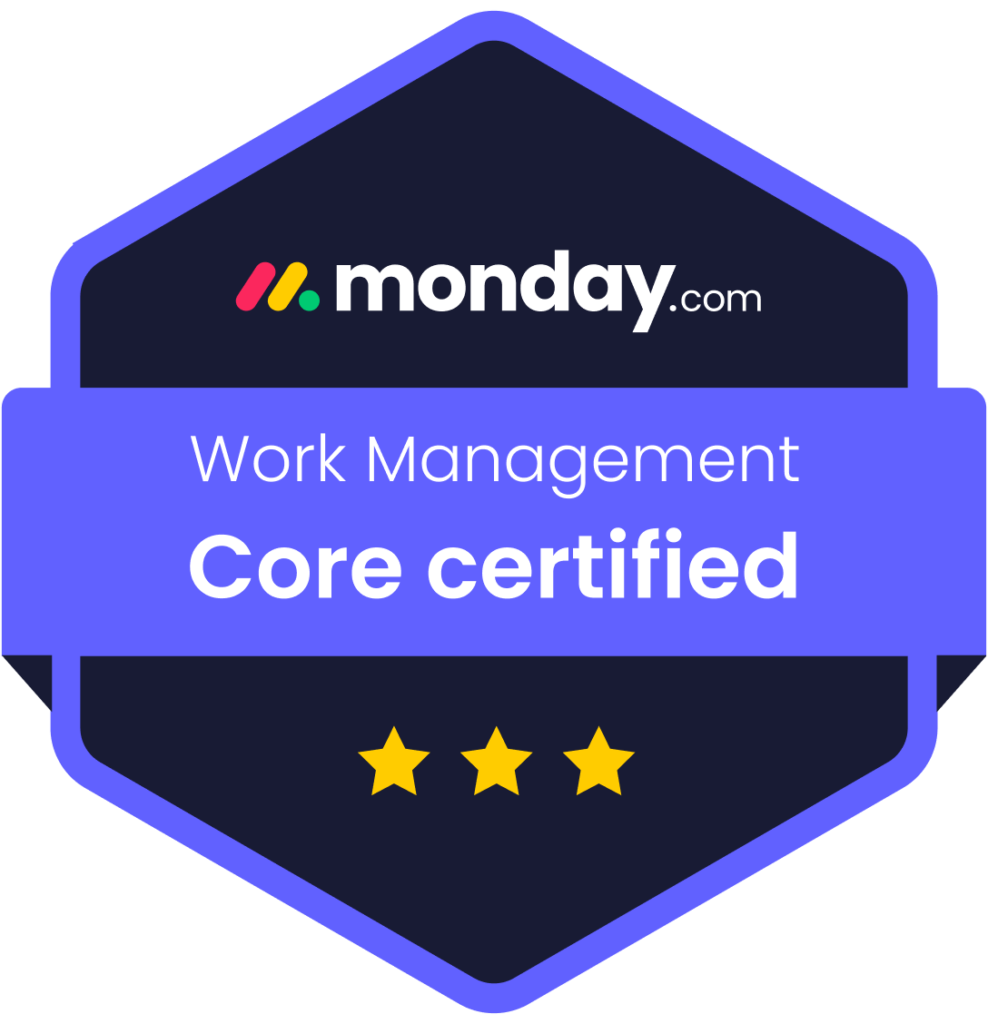In today’s digital-first landscape, where people turn to the internet for almost everything, failing to attract clients online can feel disheartening and financially draining. If your coaching business isn’t gaining traction, it might be due to shortcomings in visibility, user experience, branding, or lead conversion strategies. This article explores the key reasons behind this issue and provides actionable solutions to help your business thrive.
Lack of a Well-Defined Online Presence
Your online presence serves as your coaching business’s first impression. Without a professional website or cohesive branding, potential clients may struggle to trust your expertise or even notice you.
Missing a Professional Website
A professional website is crucial for showcasing your coaching business. Without one, prospective clients may question your legitimacy and look elsewhere. Your website is the cornerstone of your online presence and must effectively communicate your value.
A professional website should be clean, responsive, and easy to navigate. Include a detailed “About” page highlighting your expertise, certifications, and coaching philosophy. Additionally, showcasing client testimonials or case studies can establish credibility and demonstrate the value of your services.
No Personal Branding
Coaching is a personal service, and your brand should reflect your unique approach and expertise. Without a clear and compelling brand, your business may blend into a crowded market, making it harder to attract attention.
To build a strong brand, identify your niche and communicate it clearly through your website, social media, and marketing materials. Use professional photography and consistent visuals to create a polished and recognizable image. Your mission statement should align with the goals and needs of your target audience, helping them see you as the ideal coach for their journey.
Poor SEO and Online Visibility
If potential clients can’t find you through search engines, your coaching business may remain invisible to those who need your services. Many businesses struggle with low visibility due to a lack of search engine optimization (SEO).
Ignoring Search Engine Optimization
SEO ensures your website ranks higher in search engine results for keywords relevant to your niche. Common mistakes include failing to target the right keywords, neglecting local SEO opportunities, or not optimizing your website’s metadata.
To improve your SEO, conduct keyword research to align with your coaching services (e.g., “career coach for executives” or “life coach for entrepreneurs”). Optimize metadata, headings, and image descriptions across your site. If you serve clients locally, claim your Google Business Profile and encourage reviews to boost your local SEO presence.
Ineffective Content Strategy
Content is king when it comes to building online trust and attracting traffic. Without a strategic approach to content creation, your website may fail to engage or convert visitors.
Neglecting High-Quality Blog Content
Blogging is a powerful way to address your audience’s pain points and showcase your expertise. Without valuable content, you may struggle to rank well on search engines or keep visitors engaged.
Write blog posts that answer common questions or provide actionable advice for potential clients. For example, you could address topics like overcoming self-doubt, setting achievable goals, or managing work-life balance. Use storytelling to illustrate how your coaching has positively impacted others, and incorporate relevant keywords to improve your SEO.
No Visual or Video Content
In a visually driven world, the absence of video or multimedia content can limit your engagement. Videos can help potential clients connect with your coaching style and see the value of your services.
Create short, engaging videos that explain your coaching methods or showcase client success stories. Platforms like YouTube and Instagram are excellent for reaching a broader audience with visual content.
Poor Social Media Engagement
Social media is a critical tool for reaching and engaging with your target audience. An inactive or irrelevant presence can make your coaching business appear out of touch.
Inconsistent Posting
If you’re not posting consistently or tailoring your content to your audience’s needs, you’re missing opportunities to build trust and rapport. Create a content calendar to ensure regular updates, focusing on topics that resonate with your audience.
Failing to Advertise
Organic reach on social media platforms is often limited. Without investing in targeted advertising, you might struggle to expand your audience. Use social media ads to target specific demographics like age, profession, or interests. Offer free resources, such as e-books or challenges, to capture leads and nurture them into paying clients.
Lack of a Clear Sales Funnel
Your website and marketing materials should guide potential clients through a clear journey, from discovering your services to signing up for them. A lack of structure can leave visitors unsure about what to do next.
No Lead Magnet
Potential clients often need an incentive to take the first step. Without a lead magnet, such as a free consultation or downloadable resource, they may leave your website without engaging further.
Offer something valuable upfront, like a mini-course or a worksheet, to capture contact information. This allows you to follow up and nurture leads over time.
Confusing Calls to Action
If your calls to action (CTAs) are vague or hard to find, visitors may not know how to proceed. Use clear, action-oriented CTAs like “Book a Free Discovery Call” or “Join Our Coaching Program.” Place these prominently throughout your site to encourage immediate action.
Overlooking Mobile Optimization
Mobile devices account for a significant portion of web traffic, and a poorly optimized website can drive potential clients away.
Ensure your website uses responsive design, adapting seamlessly to different screen sizes. Optimize images and minimize plugins to improve loading times. A mobile-friendly site not only enhances user experience but also boosts your search engine rankings.
Failure to Build Trust and Authority
Trust is essential in coaching. Without social proof or a demonstration of expertise, potential clients may hesitate to invest in your services.
No Testimonials or Case Studies
Client testimonials and case studies are powerful tools for building trust. Highlight success stories on your website and social media to show how your coaching has helped others achieve their goals.
Lack of Certifications
Your qualifications should be prominently displayed on your website and LinkedIn profile. Sharing media features, interviews, or guest blog appearances can further enhance your authority.
Ignoring Analytics and Feedback
Understanding your audience and how they interact with your website is key to improving your online strategy.
Use tools like Google Analytics to track performance metrics such as website traffic, bounce rates, and conversion rates. Additionally, gather feedback from clients through surveys or follow-up calls to refine your services and address any shortcomings.
Overcomplicating Your Offerings
If your value proposition is unclear or your services seem overly complex, potential clients may hesitate to commit. Simplify your messaging and focus on the core benefits of your coaching. Use straightforward, jargon-free language to ensure your audience understands how you can help them.
Lack of Ongoing Marketing Efforts
Digital marketing is not a one-and-done task. A stagnant or outdated strategy can make your business fade into the background.
Neglecting Email Marketing
Building and maintaining an email list allows you to stay in touch with potential clients. Send regular newsletters featuring actionable tips, success stories, or upcoming events. Automated email sequences can also help nurture leads and guide them toward a decision.
Not Adapting to Trends
Failing to adapt to new trends or technologies can make your coaching business seem outdated. Stay current with innovations like live webinars, interactive social media Q&A sessions, or podcasts. Experimenting with new formats can keep your business fresh and engaging.
Conclusion
Attracting clients to your coaching business online requires a comprehensive strategy that prioritizes visibility, engagement, and trust. By addressing weak points in your digital presence, such as poor SEO, inconsistent social media use, or lack of trust-building measures, you can create a more compelling and effective online presence.
Start small, focus on areas with the most significant impact, and refine your approach over time. With a clear plan and consistent effort, your coaching business can become a magnet for clients online. For tailored strategies, Skyfield Digital offers expert guidance to help you thrive in the digital space. Contact us today to get started on your journey to success.












